A Uniandes project implemented a school boat for students from three villages in the bay.
In Nariño, people rely on solar-powered boats to fish in the Pacific.
In the municipality of Santa Bárbara de Iscuandé, families spend up to 12 hours a day fishing, and petrol costs can exceed 150,000 pesos per day. Geographer Gordon Wilmsmeier developed a project that aims to replace petrol engines with electric ones, helping to reduce pollution.
Solar-powered boats in Nariño: a lesson in renewable energy
Santa Barbara de Iscuandé relies only on aquatic mobility for all transportation activities and the economy is based almost entirely on fishing and mangrove resource recollection. Given these scenarios, electric mobility rises as an alternative capable of enhancing people’s quality of life at the same time it helps sustainably preserve ancestral practices.
First electric school boat will benefit more than 21 students of Bahía Málaga, Colombia
Electro mobility can be an option for remote regions, particularly those with limted or constrained access to energy supply and those where energy costs are excessive. An example for such a setting are the remte settlements along in the mangroves alonge the Pacific Coast of Colombia.
Sustainable businesses: the case of piangüeras in the Pacific
With the implementation of nautical electromobility, women can eliminate fuel costs and go further than they could with rowing.
- 1
- 2
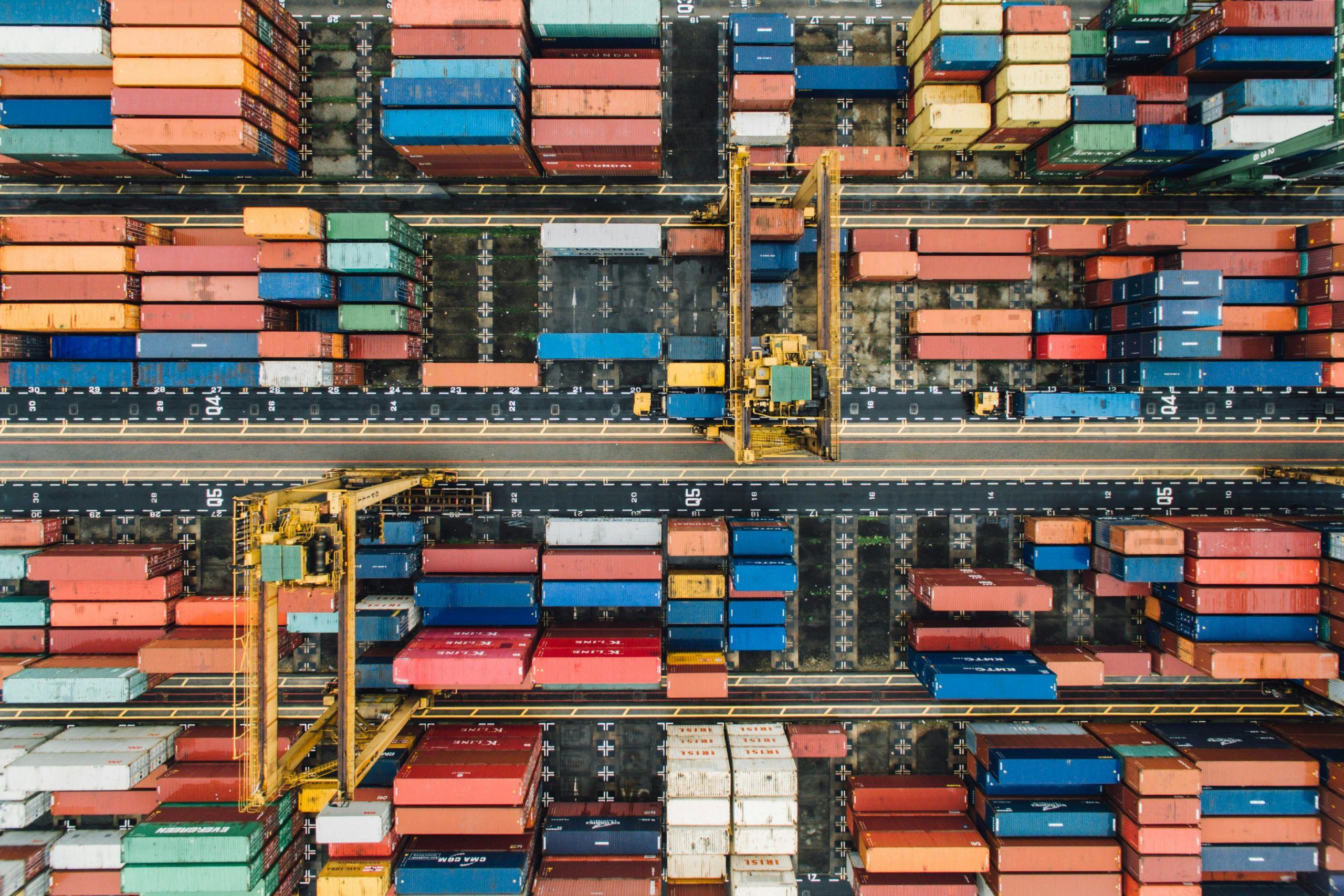 Container Port Activity Analytics: Latin America and the Caribbean
Container Port Activity Analytics: Latin America and the Caribbean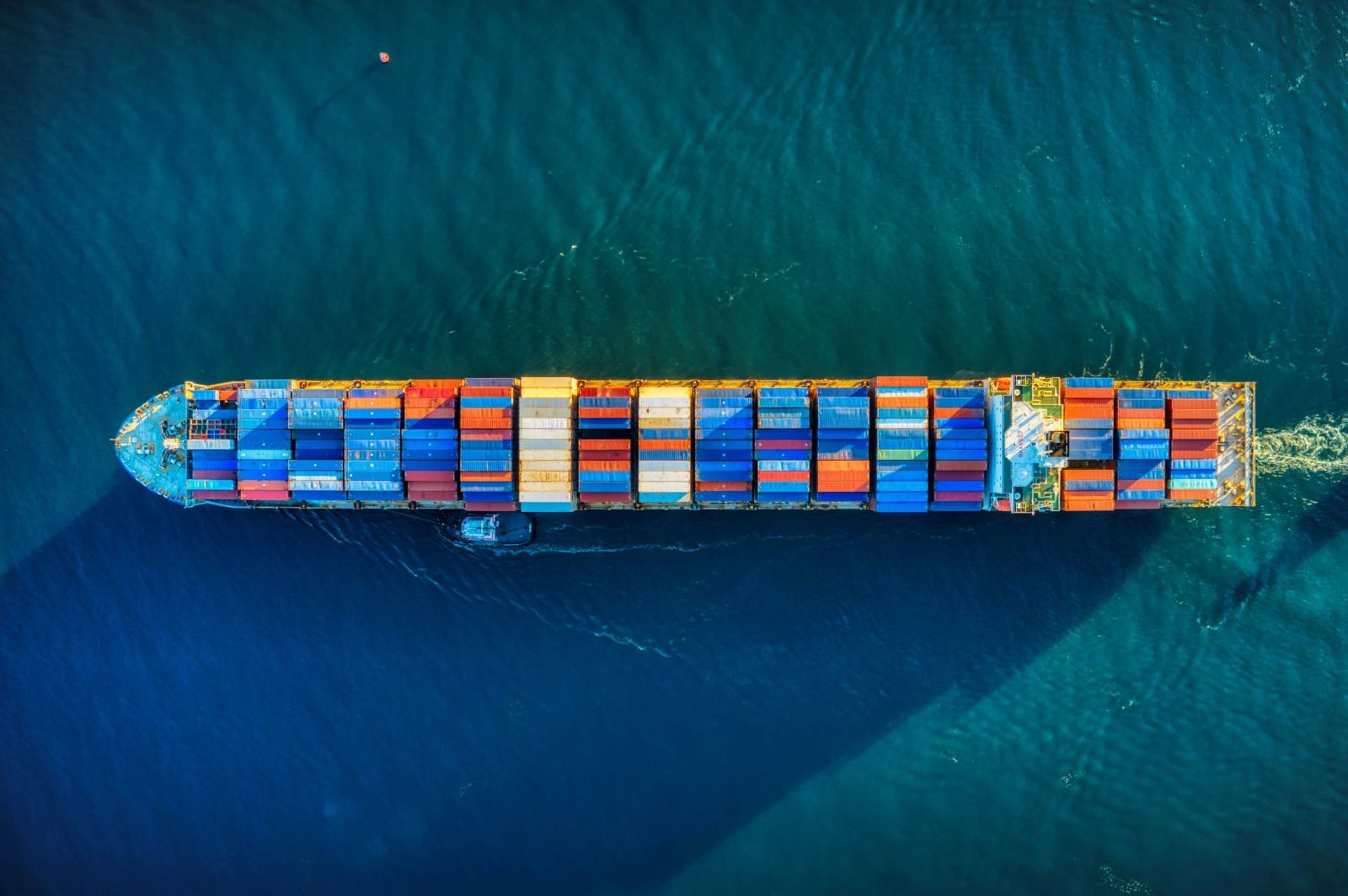 Maritime sector analysis: Latin America and the Caribbean
Maritime sector analysis: Latin America and the Caribbean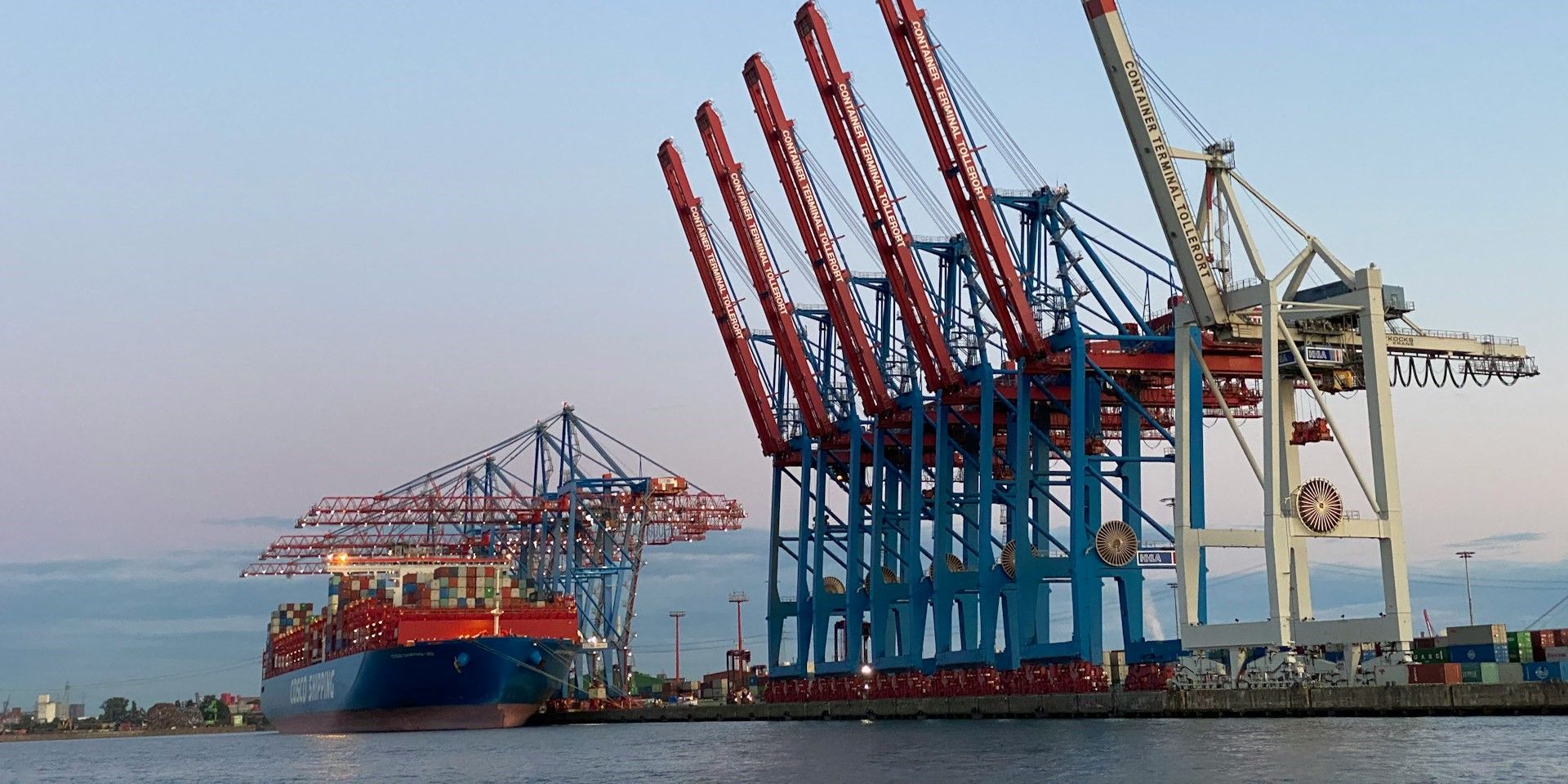 Sustainability Performance in Ports
Sustainability Performance in Ports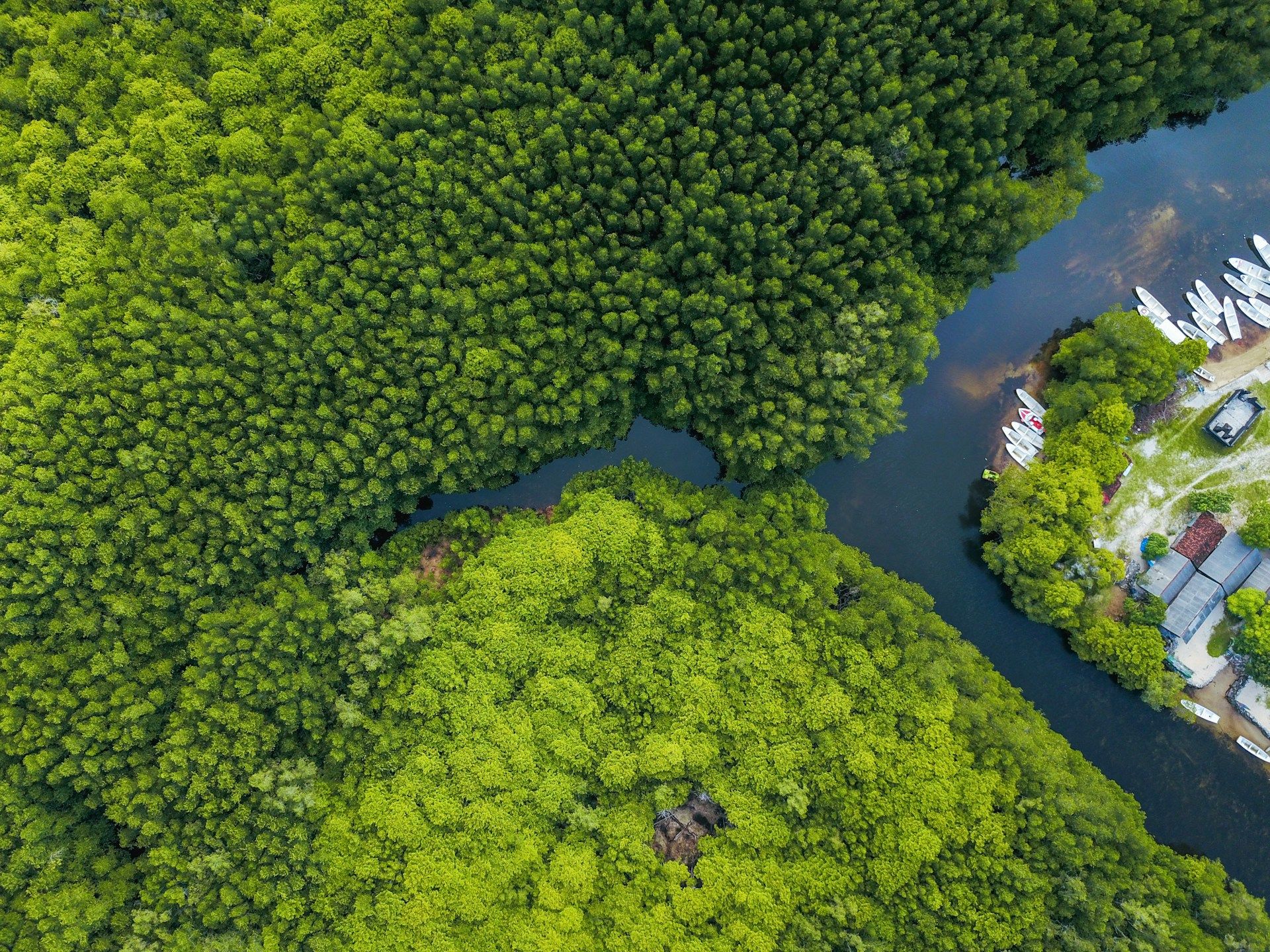 River transport in Colombia
River transport in Colombia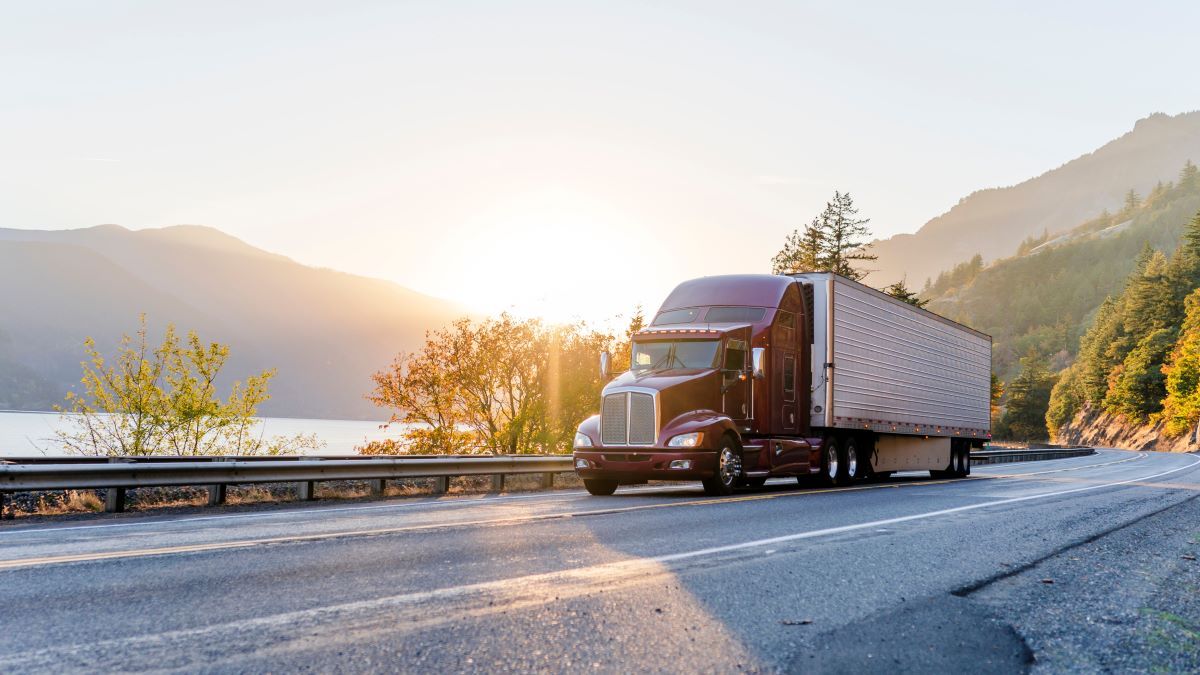 GiroZero: RFT in Colombia
GiroZero: RFT in Colombia